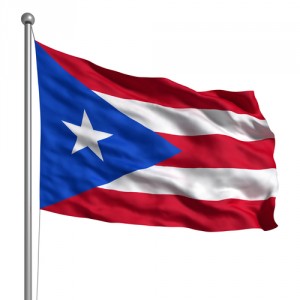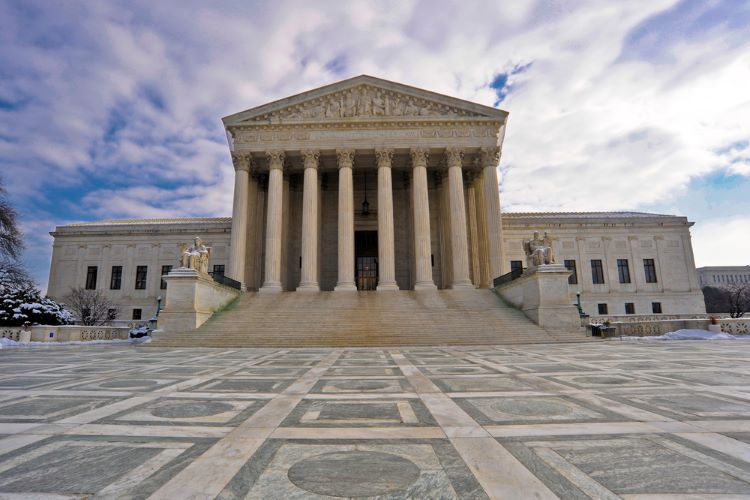Puerto Rico isn't a separate sovereign for double jeopardy purposes, SCOTUS rules

Puerto Rico can’t try two defendants for selling guns to undercover cops after a federal prosecution for the same conduct because the commonwealth isn’t a separate sovereign for double jeopardy purposes, the U.S. Supreme Court has ruled in a 6-2 decision.
The prosecutorial powers of Puerto Rico and the United States derive from the same source—the federal government—and double jeopardy applies, Justice Elena Kagan wrote in the majority opinion (PDF).
Puerto Rico and the United States have “a unique political relationship, built on the island’s evolution into a constitutional democracy exercising local self-rule,” Kagan acknowledged. But “the oldest roots of Puerto Rico’s power to prosecute lie in federal soil,” Kagan said.
Congress conferred the authority to create the Puerto Rico Constitution, which gives the island the authority to bring criminal charges, Kagan said. “That makes Congress the original source of power for Puerto Rico’s prosecutors—as it is for the federal government’s,” Kagan said. “The island’s constitution, significant though it is, does not break the chain.”
Kagan said Puerto Rico’s source of prosecutorial power is different than that of the states and Native American tribes, which are considered separate sovereigns under the double jeopardy clause. The states and the tribes’ prosecutorial powers stem from pre-existing, inherent authority, she said.
In a concurrence, Justice Ruth Bader Ginsburg said the majority opinion had “cogently applied long prevailing doctrine” but suggested double jeopardy law should be re-examined to bar multiple prosecutions for the same conduct “by parts of the whole USA.” Justice Clarence Thomas joined Ginsburg’s concurrence.
Justice Stephen G. Breyer dissented in an opinion joined by Justice Sonia Sotomayor. “The United States has entered into a compact one of the terms of which is that the ‘source’ of Puerto Rico’s criminal law ceased to be the U.S. Congress and became Puerto Rico itself, its people, and its constitution,” he wrote.
The case is Puerto Rico v. Sanchez Valle.
Related article:
ABAJournal.com: “Supreme Court considers Puerto Rico’s sovereignty and double jeopardy”



